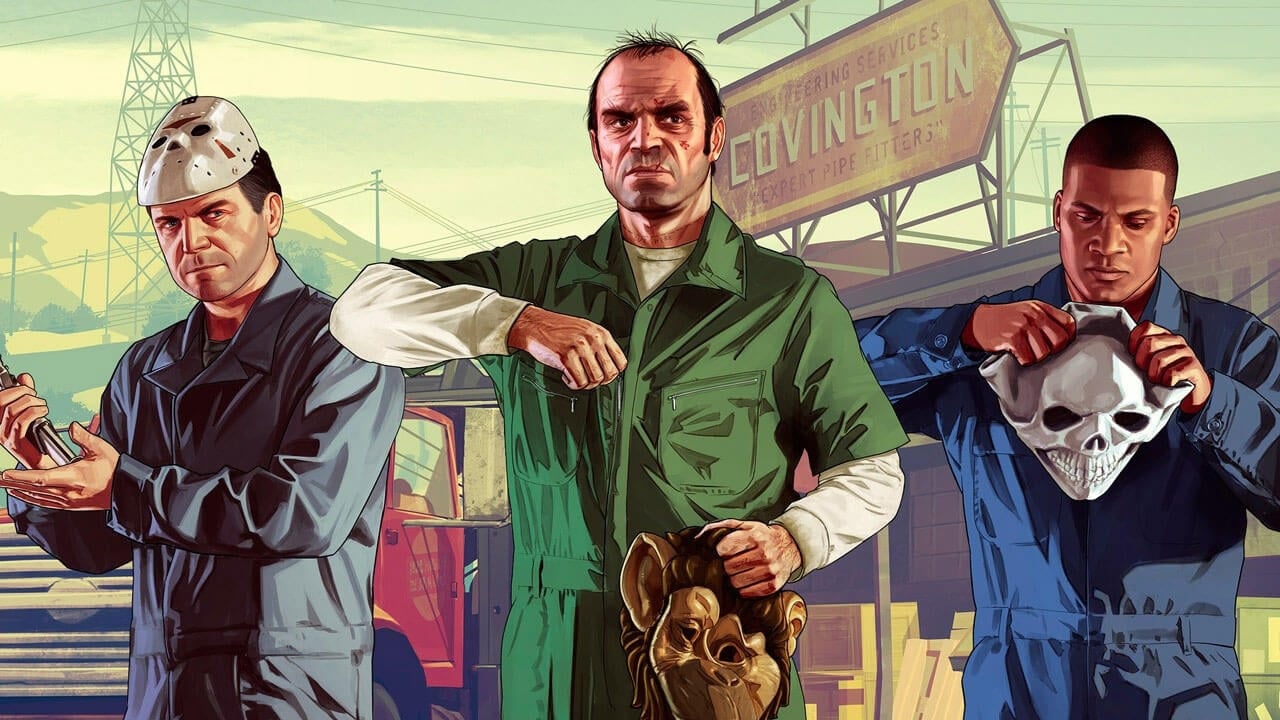Trending
Opinion: How will Project 2025 impact game developers?
The Heritage Foundation's manifesto for the possible next administration could do great harm to many, including large portions of the game development community.
Zelnick and Take-Two continue to see how things play out with AI and film/TV adaptation for games, lest either damage the reputations of its biggest properties.

As the first trailer for the next Grand Theft Auto game looms overhead, Take-Two CEO Strauss Zelnick is cautious. In a recent fireside chat, Zelnick explained that his company doesn't plan on being complacent in any avenue, particularly when it comes to growing trends within the industry.
With the growing usage of AI, for example, he noted that interactions between and non-player characters (NPCs) are currently scripted. The technology could make NPCs "really interesting and fun," but he noted it "almost certainly will not be faster and cheaper."
Earlier in the week, Microsoft unveiled its plans to use the technology for quest design and dialogue trees, which Zelnick acknowledged could be a boon for Rockstar's franchise. But beyond noting that "everyone's working on it," he continues to be skeptical of AI and its current capabilities.
On a similar track, Zelnick admitted he remains very cautious when it comes to bringing Take-Two games to film and TV. Thus far, only two of the company's IP, Borderlands and BioShock, have film adaptations in the works. But both projects, it should be said, have been in their own stages of development hell over the years.
"Make no mistake about it. It is a very risky move," Zelnick admitted, "and I’m pretty risk averse with regard to our intellectual property." His worry stems from an underperforming film or show tarnishing the source material's reputation, hence the focus solely on games.
Just yesterday, Nintendo revealed it was doing a live-action movie for its Legend of Zelda series, courtesy of Maze Runner director Wes Ball and Morbius producer Avi Arad. While it's too early to determine how it'll do, the mix of reactions over its announcement illustrates Zelnick's point about what's at stake with adaptations.
For Zelnick, Take-Two hasn't fully reached its "creative essence." He intends to get the company there, but not without carefully analyzing situations and making moves from that point.
"We can’t think like some big, sloppy incumbent," he said. "We have to think like a challenger, even though we are a big incumbent. That’s the big challenge and that happens in the next five to ten years.”
Inverse's full discussion with Strauss Zelnick, which also covers his outlook on Take-Two's mobile output, can be read here.
You May Also Like